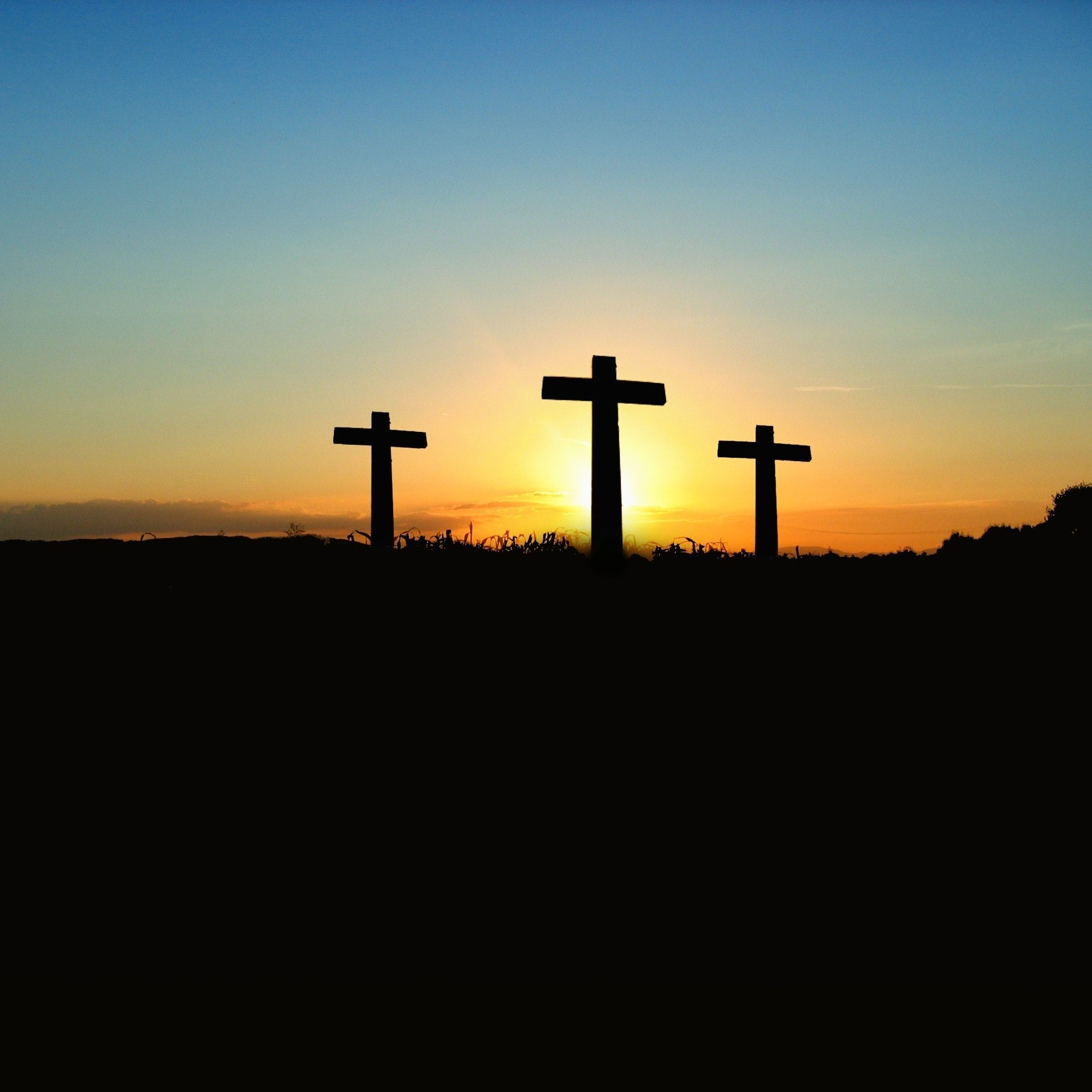05-16-25 part 1: Donkeys, Deception, and the Danger of Spiritual Fakery
1. Wolves in the Church: Discerning Hidden Agendas
Dr. Spoon revisits 2 Peter 2 to expose the kind of people who infiltrate churches not to worship or serve, but to exploit. These individuals use religious environments to build their own platforms—driven by lust for power, money, or influence. Peter calls them “stains” in the congregation—people who leave the straight path intentionally. Dr. Spoon points out that this isn’t about accidental backsliding, but about people who purposely pervert the faith for personal gain. The warning? Be spiritually awake. Churches must not only welcome people but discern them too.
2. Balaam and the Rebuke of a Donkey
Transitioning to one of his favorite Old Testament stories, Dr. Spoon dives into the tale of Balaam—the prophet who was rebuked by his donkey. It’s comical and sobering all at once. Balaam, driven by the lure of wealth, ignored God’s warnings until his donkey literally talked him down. Dr. Spoon draws out the irony: Balaam, a “prophet,” was out-argued by an animal. And yet God used that moment to reveal the absurdity of spiritual pride. It’s a reminder that God can—and does—use anything and anyone, and that spiritual gifts without obedience are ultimately meaningless.
3. Imperfect People, Powerful God
Dr. Spoon encourages listeners not to disqualify themselves from service just because they’re imperfect. If God used a donkey, He can use us. Many believers think they need to be perfect before God can use them, but the Gospel tells a different story: God uses willing hearts, not perfect resumes. Even when we’re not at our best—even when we feel inadequate—God’s grace covers us, qualifies us, and equips us. Dr. Spoon shares from personal experience that the most impactful moments often come through weakness, not strength, because that’s where God’s power shines.
4. The Freedom to Walk Away from Slavery
Wrapping up, Dr. Spoon moves into Galatians 5:1 and unpacks the reality of spiritual freedom. Christ has set us free—not just from the penalty of sin in the past, but from its power in the present. He clarifies that salvation is past (justification), present (sanctification), and future (glorification). While we’re being shaped into the image of Christ, we must stand firm in that freedom and not submit again to spiritual slavery. Yes, you can go back—but you don’t have to. The Holy Spirit empowers believers to walk free and stay free, day by day.




